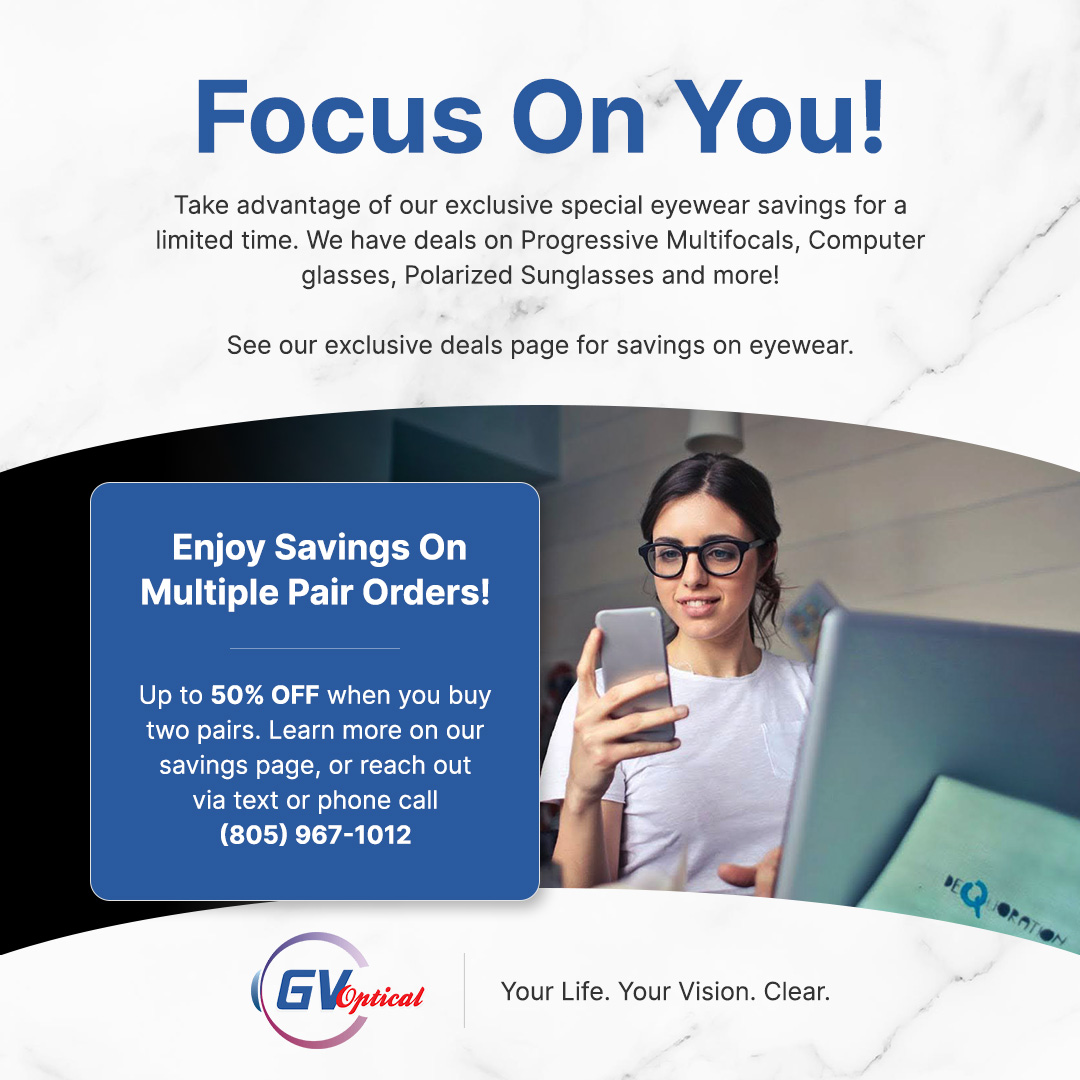
Cheater Readers: Pros and Cons
Most people over the age of 40 will require some sort of reading glasses. It’s inevitable. It’s called age-related presbyopia, and it happens when the lens in our eye becomes more rigid and cannot change shape as easily. Over-the-counter reading glasses (also known as “cheaters”) are an inexpensive temporary fix for those dealing with age-related presbyopia. But why are they called “cheaters” anyway? How accurate can an over-the-counter, mass-produced magnifying glass be? I’ll go over some of the pros and cons of reading glasses, and why a lot of us might consider going the route of prescription eyeglasses.
Some Pros
Price: Cheater reading glasses are very alluring due to their low price. Instead of spending time and money getting tested in the doctor’s office, some prefer to determine the power of the lens they need themselves.
Convenience: Due to their availability in most drug stores, cheater reading glasses are extremely accessible. If you forget or lose your pair while on vacation, you can simply run to the drug store and get something close to what you had before.
Variability: You can buy multiple lenses for different focal lengths such as your computer or close-up distance. The only caveat is that you might mix them up and grab the wrong pair.
Some Cons
Specificity: Most of us have slightly different prescription needs for each eye. Additionally, most of us have different pupil distances. Both of these measurements can be customized for prescription reading glasses. Over-the-counter readers do not take this specificity into account, and thus we refer to them as “cheaters” (cheating what our true prescription needs may be).
Quality: Reading glasses that you buy over the counter are low priced because they are mass-produced. In this instance, we might remember an old adage: you get what you pay for. The lenses are usually made from an acrylic plastic that doesn’t meet many of the standards that even economy prescription glasses do. The frames tend to be a bit dodgy as well.
Headaches: Readers can cause headaches because they lack the specificity that I referenced above. When your eye is looking through a magnifier that is not set up for your pupil distance, you can feel a “pulling” sensation due to an induced prism effect. Our eyes can compensate for this fairly well, but over time, the longer you use them, the more likely you are to get a headache.
Variability: I listed this as a Pro above, but I feel the need to mention the lack of sophistication in over-the-counter reading glasses. Modern lens technology allows us to put multiple powers in a single lens. These types of glasses are tailored to the unique curves of your cornea and are far more versatile for everyday use. Over-the-counter readers (unless you have multiple pairs) are far too simple to meet more than a few needs.
Obviously, I’m biased towards prescription eyeglasses, but I don’t doubt that cheater readers come in handy or can be used as a good solution to issues with up-close vision. Their lack of specificity is probably the biggest con in my experience. I can’t tell you how many times I’ve had clients that were happy that they upgraded when they did. When they see how much they’ve been missing with their cheaters, they are almost always surprised. Why get away with “good enough” when you could be closer to perfect?











